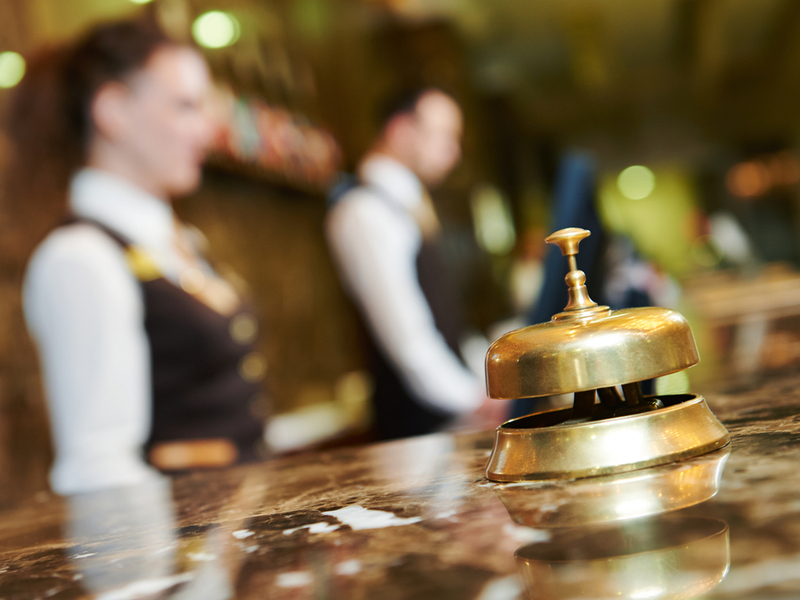Irish family business Wolfhound & Elk, which makes athletic gear from recycled plastic bottles, has an ambition to be one of the greenest suppliers of sporting apparel on the planet.
A little-known fact about garments made entirely from polyester is that they can take more than 200 years to fully decompose. But Irish clothing company Wolfhound and Elk, which makes environmentally responsible sportswear from recycled plastic bottles has the answer: each jersey it makes is made using up to six 1-litre plastic bottles.
Billing itself as Ireland’s first sustainable teamwear brand, Wolfhound & Elk offers sportswear that can be customised with a brand or team colours. Each garment comes with a sustainability guarantee.
“Irish children and athletes should not have to run, play and train in clothing made in remote parts of the world from virgin fossil fuels”
Wolfhound & Elk (W&E) is already supplying Granada FC, a Dublin junior football club with more than 800 members and has agreements in place with two Dublin primary schools.
Ethical ambition
Founder Stephen Daly says the mission is two-fold: ethical impact and education.
“The aim is to produce sports clothing for kids and athletes that have the least environmental and ethical impact, with each product becoming a tangible educational tool.
“Irish children and athletes should not have to run, play and train in clothing made in remote parts of the world from virgin fossil fuels.”

The broader objective is to establish an inspirational Irish sports brand built upon a sustainability agenda.
“In doing so, produce ethical and environmentally responsible sportswear, increase awareness about the negative impact of sportswear production, while fully supporting grassroots sport within Ireland in a variety of ways.”
According to a report published by Allied Market Research, the global sports apparel market was estimated at $167.7bn in 2018 and is expected to hit at $248.1bn by 2026, registering a growth rate of 5.1pc from 2019 to 2026.
“The Irish market is dominated by international brands, a single established Irish brand and a large number of smaller entities, the majority of which manufacture in Asia and use virgin polyester. Wolfhound & Elk believe there is an opportunity for a new, dynamic, and responsible brand to be established and to truly support grassroots sports,” said Daly.”
Dressing sustainably

Examples above and below of the kit being manufactured by Wolfhound & Elk from recycled plastic bottles.

W&E produce products within the EU made from organic or recycled materials.
“The vast majority of sportswear is made from polyester, which is the third most popular form of plastic used across the globe,” Daly said. “Polyester is made from petroleum, coal, water and oxygen, sharing the same ingredients as a plastic bottle.
“W&E take used plastic bottles and upcycles them into a high performance fabric (recycled polyester) and make sports clothing, which in turn takes plastic bottles from ending up in our oceans and landfill.
“Although a more expensive process than rivals, it is the responsible approach, it helps clubs, schools, and other organisations become increasingly sustainable through a very tangible product, worn by thousands of children every day.
“The underlying product is as good as any big brand product on the market,” Daly said.
From investment banking to starting up

Wolfhound & Elk founder Stephen Daly
“It is lonely, it is challenging and takes longer than envisaged to achieve but resilience is all about tenacity, while being humble and working hard”
Two decades working within Investment banking overseas, provided Daly with a real understanding of business acumen, success and failure.
Fortunately, much of the founder’s career centered around helping both start-ups and established companies to market or convey their strategic vision, initiatives and business plans into reality.
“Finally, the temptation to move to the other side became too tempting when a viable business plan was developed.”
So far, the start-up journey hasn’t been conventional. “Being honest, the journey to date has not relied on an external start-up eco-system to a meaningful extent. Perhaps a mistake on our behalf.
“Those with whom we have engaged, have helped where possible but more from an anecdotal perspective or further introductions, as opposed to impactful solutions.”
If anything Daly believes W&E could have come to market sooner. “Perhaps we have been too cautious to date and W&E should be bolder, but it has taken time to perfect our approach, our messaging, our partners, and our product set, all of which should pay off in the longer term.”
His advice to fellow founders is to be brave.
“If there is an achievable and sustainable profit margin, a growth path, a real demand, and if you are fulfilling a societal need.
“It is lonely, it is challenging and takes longer than envisaged to achieve but resilience is all about tenacity, while being humble and working hard.”
Digital technology has helped to grease the wheels, but ultimately it all boils down to hard work.
“Online banking solutions and social media are the two obvious tools/technologies, but essential work tools.
“The balance is work ethic and discipline on accomplishing tasks at hand; old fashioned graft,” Daly concluded.
Written by John Kennedy (john.kennedy3@boi.com)
Published: 2 June, 2020






